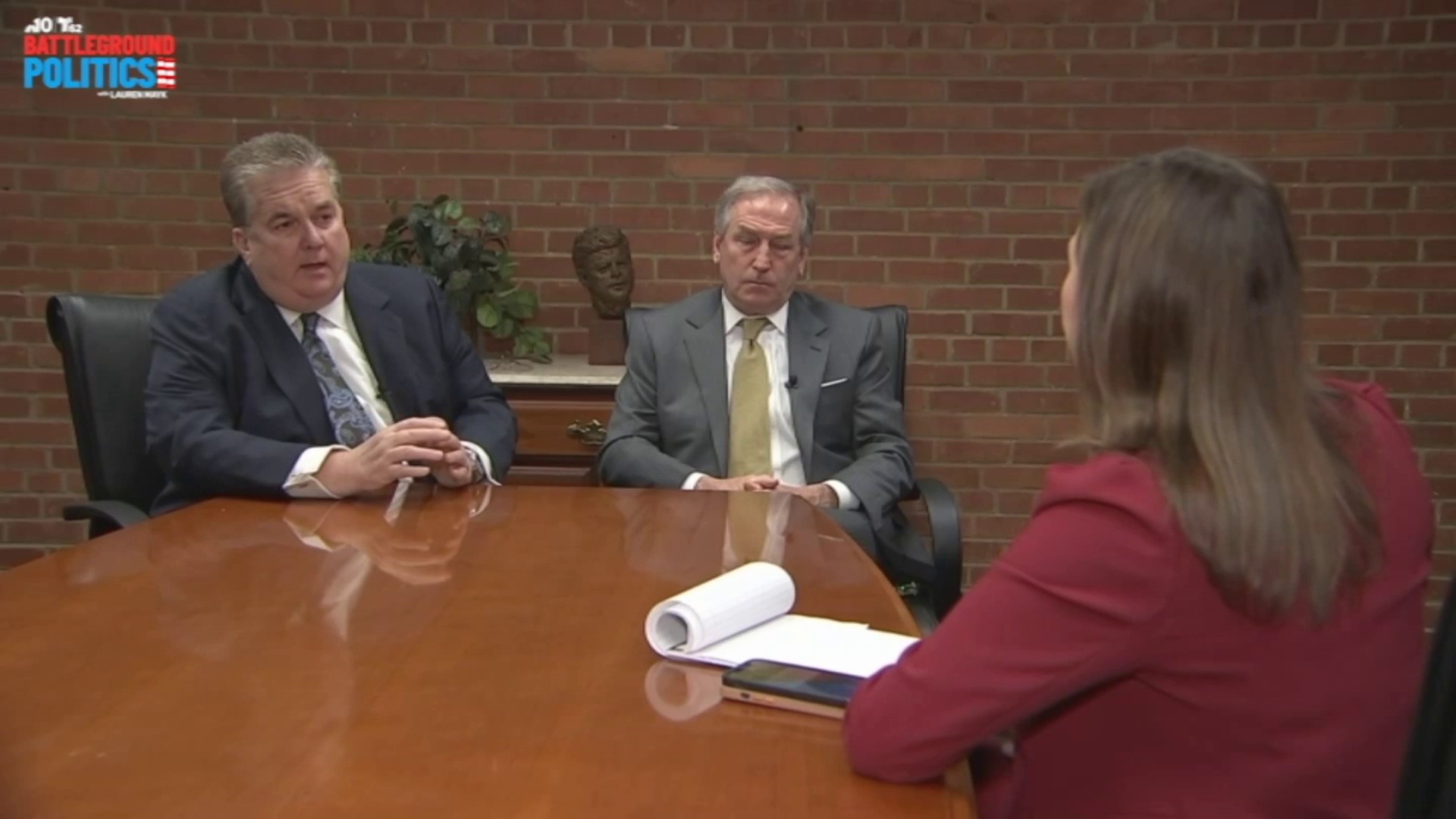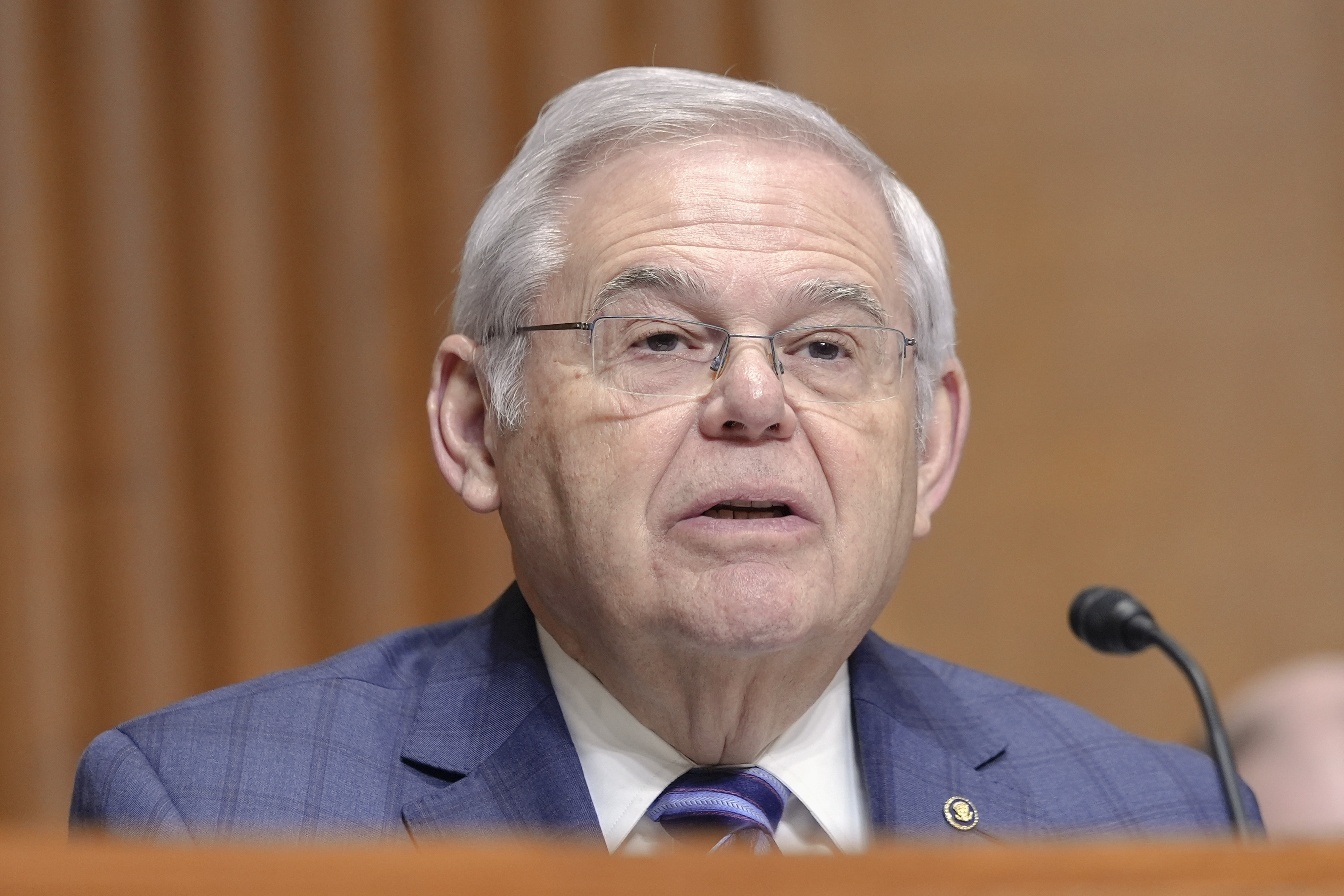What to Know
- Gov. Tom Wolf is following through on his veto threat and rejecting Republican-penned legislation to allow people to carry a firearm openly or concealed, without a permit.
- Wolf, a Democrat, called the bill “dangerous.”
- Thursday's veto adds to his total for Pennsylvania’s chief executive with the most vetoes in more than four decades.
Gov. Tom Wolf followed through on his veto threat Thursday, rejecting Republican-penned legislation to allow people to carry a firearm openly or concealed, without a permit, adding to his total for Pennsylvania's chief executive with the most vetoes in more than four decades.
Wolf, a Democrat, called the bill “dangerous.” Wolf's veto comes amid a tide of deadly gun violence in Philadelphia, the state's largest city, and political finger-pointing over blame. Republicans said the bill would have made people safer.
"This legislation, which eliminates the requirement for individuals to obtain a license before carrying a concealed firearm, will only exacerbate gun violence and jeopardize the safety of all Pennsylvanians," Wolf said in a news release.
Get Philly local news, weather forecasts, sports and entertainment stories to your inbox. Sign up for NBC Philadelphia newsletters.
Wolf has said it is a top priority to address what he says is a gun violence crisis affecting largely minority communities, but the Republican-controlled Legislature has rejected nearly all his proposals.
The bill he vetoed Thursday would have removed the requirement that gun owners get a permit to carry a gun that is concealed, such as under clothing or in their vehicle's glove box. It also would have wiped out a law, applying only to Philadelphia, that requires gun owners to get a permit to openly carry a firearm in the city.
According to online state records, Wolf has penned his 52nd veto with 13 months left in his second term, more than any other governor since Milton Shapp, who left office in 1979. Wolf has passed Democrat Robert P. Casey, who compiled 50 vetoes.
Politics
The Legislature — controlled by Republicans since Wolf took office in 2015 — has never overridden a Wolf veto, with Democrats protecting Wolf and preventing Republicans from gathering the necessary two-thirds majorities in both chambers.
Friction over the governor’s broad use of executive authority to respond to the pandemic has played a role, with Wolf taking a veto pen to about a dozen COVID-19-related bills.
Wolf was surprised to hear Thursday that he has more vetoes than any governor since Shapp.
Democrats and Republicans disagree on what is fueling the governor's growing stack of vetoes, but Wolf took the high road.
“I was looking over the past seven years, and it’s really amazing what we’ve gotten done together," Wolf said. “I know people are talking about the polarization in politics, but here in Pennsylvania ... we’ve chosen to focus on those areas where we can agree, so we’ve gotten a lot of substantive things done.”
Senate Minority Leader Jay Costa, D-Allegheny, wasn't so kind.
Republicans send bills to Wolf without trying to negotiate, knowing full well that Wolf will veto it, but it serves their purposes to show their base voters they are working on issues and shift blame to Wolf as the impediment, Costa said.
“It is political theater, and they're playing it out in front of their base of supporters,” Costa said.
Republicans blame what they say is Wolf failing to engage with lawmakers, compromise or negotiate. He never developed the kind of relationships with the chambers’ leaders and rank-and-file members to find common ground and head off gridlock, some say.
“This governor hasn’t figured out how to work with the Legislature,” Senate President Pro Tempore Jake Corman, R-Centre, said.
Costa disputes that, saying “negotiating is not one party, Republicans, telling Democrats and the Democratic governor ‘this is how it’s going to be.’”
Sen. Sharif Street, D-Philadelphia, pointed out that Republicans had rejected every attempt by Democrats to add provisions to the gun bill that Wolf — and communities suffering from gun violence — might support.
Just five Democrats in both chambers voted for the bill Wolf vetoed, while nine Republicans opposed it.
Beyond that, Wolf collaborates on vetoes with Democratic lawmakers and takes into consideration where they stand — which is why he has never lost an override vote, Street said.
In any case, the result of the relative gridlock, Corman and others say, has been for the sides to seek alternatives to lawmaking.
The governor has often taken action through executive order or drafting regulations, and lawmakers taking action through drafting proposals to amend the state constitution. Those can’t be vetoed by Wolf.
Republican lawmakers now are trying, through proposals to amend the constitution, to give them more control over a governor’s powers to make permanent policy through regulation or executive order.
One would strip the authority of a governor to veto a resolution passed by lawmakers to block a proposed regulation. Currently, the governor can veto such a resolution.
The other would limit the effect of an executive order to 21 days, unless lawmakers agree to extend it.



